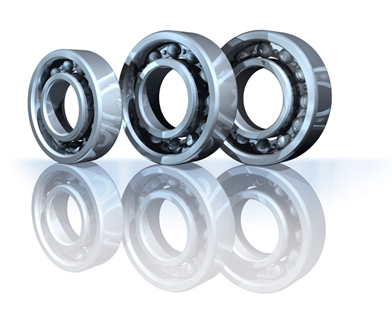
Guest blog by Barton Henderson, Manager at Statewide Bearings
All machine elements are subject to damage and malfunction. To minimize these damages, choosing the right part for the right job is essential. Every metal has its own specific properties and comes in many different grades of quality. Leaving out the difference between one type of material and another can lead to significant damages to both the material and the machine in which it functions.
Manufactured for a Function
It’s obvious that if you intend to use structural components and mechanisms in strenuous conditions, the part must be constructed with the capacity to endure these conditions. Working in high temperatures is very different than with high speeds. A machine built to handle heavy loads needs very different components than a machine built to run underwater.
Some bearings, for instance, are specifically shaped to handle the severe vibrations of high speeds. On the other hand, others are built to resist softening and deformation under high temperatures. If you are using a component for a task it is not adequately suited for, the consequences can be dangerous and awfully costly. Even components made out of other materials, such as plastics and different grades of rubber must be used for their specific purpose. For example, a flat belt meant specifically for durability in extremely low temperatures will not work well when used in a normal temperature and high tension environment.
Continue reading “Bearing in Mind the Importance of Metal”


